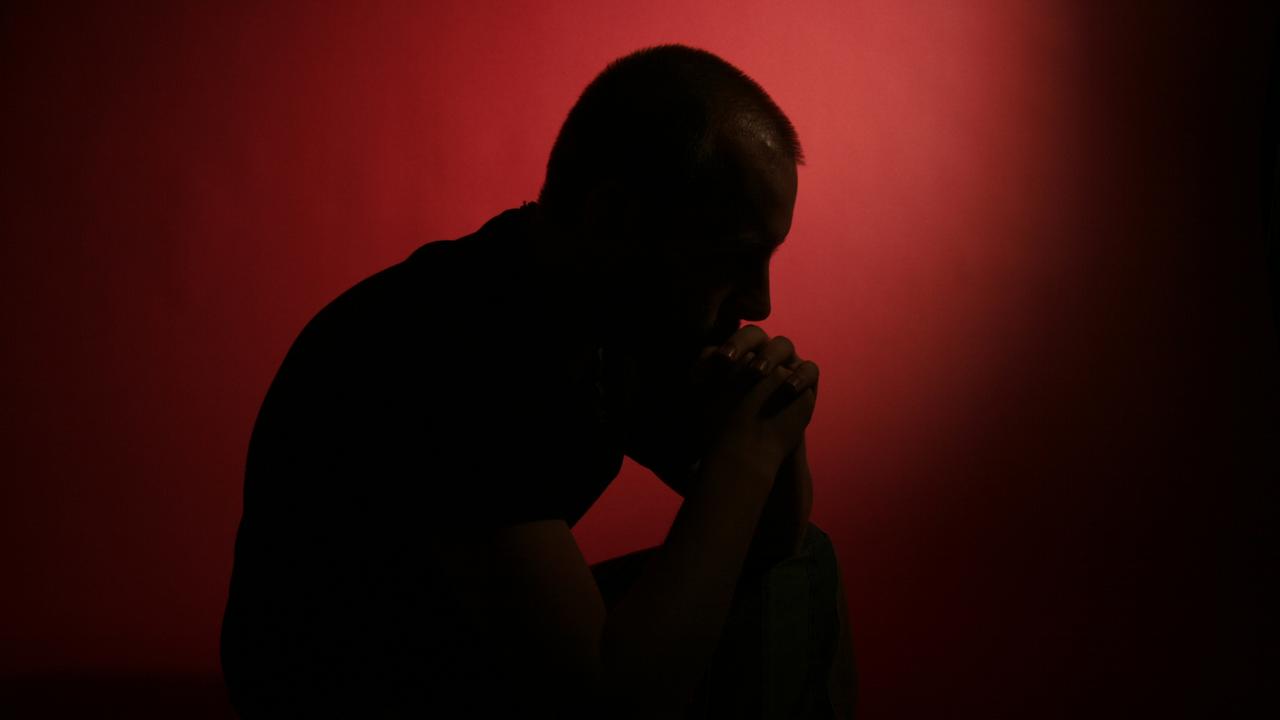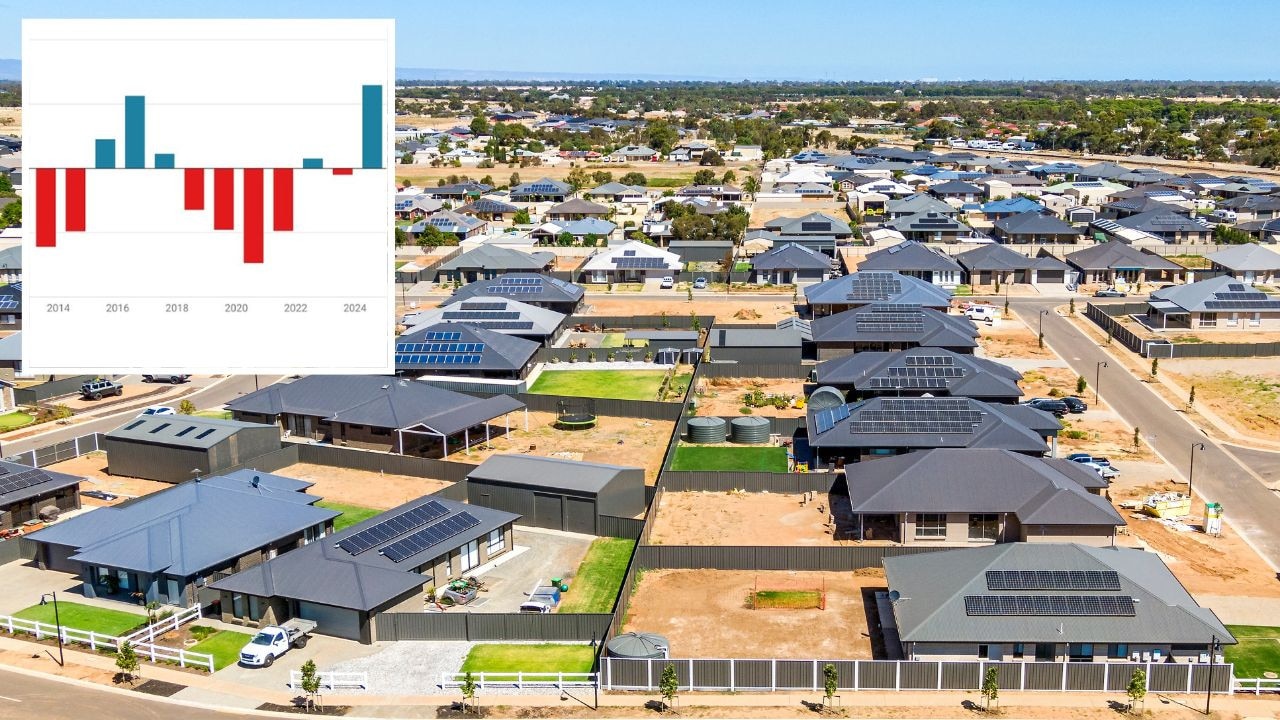Cost of living, financial pressure biggest threat to Australian suicide rates
Leading suicide prevention services warn cost-of-living pressures are severely impacting the nation’s mental health, as new data reveals a concerning trend.

More than one third of Australians know someone who’ve taken or tried to take their own life in the past 12 months, concerning new data has revealed.
The worrying study by Suicide Prevention Australia found 38 per cent of the 1022 adults surveyed were indirectly or directly impacted by suicide over the period.
One in five adults reported showing suicidal behaviour in the past year and 70 per cent had felt elevated distress.
Further research by the national peak body for suicide prevention found the most common pressure Australians reported facing was cost of living and personal debt, while housing-related distress was the fastest-growing concern.

Suicide Prevention Australia chief executive Nieves Murray said the new data showed housing stress had grown particularly fast among “middle age and middle wage” Australians and that financial problems posed the biggest threat to the nation’s mental health and suicide rates.
“Our findings once again prove the clear link between the impact of rising economic and social pressures and distress levels in the community,” Mr Murray said.
“Research shows suicide rates can peak two to three years after a crisis. We need to act now to address increasing rates of distress and respond to the risk of increasing suicide rates in our community.”
Mr Murray said 88 per cent of the nation’s frontline suicide prevention services had faced rising demand in the past year.
Several leading mental health support groups echoed these concerns.

Beyond Blue’s lead clinical adviser, Dr Grant Blashki, said a recent survey of 1500 Australians conducted by the mental health support organisation found a similar link between deteriorating mental health and financial distress.
“What we found is that cost of living rate rises and high interest rates were making people feel overstretched and stressed,” Dr Blashki said.
“Even though people aren’t sort of actively as worried about Covid as they were, there’s that sense of exhaustion. There’s been a cascade of issues; the pandemic, disaster events, money worries”.
Dr Blashki said people with financial stress were twice as likely to have mental health issues, and people with mental health issues were also twice as likely to have financial stress.
“That’s what I see as a GP, if you’ve got a lot of money worries and money stress, it’s not good for your mental health, you know, people can’t sleep, they feel bad about things,” he said.

“But also, people who have got mental health issues might have problems with their job, or won’t make the best decisions and they get into financial stress.”
One tip for helping a loved one struggling with mental health before it potentially progresses to suicidal thoughts was to connect them early with professional help, Dr Blashki explained.
He urged friends and family members to gently talk about what behavioural changes they’ve observed, listen intently and direct the person to professional services.
“They might say, ‘oh, look, I’m fine, don’t worry about me’, but if you’re patient you can sort of open the door, and they might find it quite a relief to talk to someone,” he said.
Lifeline chief research officer Anna Brooks said it was particularly important to check up on loved ones struggling financially in the lead-up to Christmas.
“In very recent times, we’ve had many stories about people doing it tough mentally because of the cost of living issue,” Dr Brooks said.
“(They’re concerned about) things like being able to pay rent, utilities, medical bills. It is something that’s very front of mind for us as a service at the moment.”
A Department of Health and Aged Care spokesperson told news.com.au the statistics were “of great concern”.
“The Government recognises the challenges our communities are experiencing and the impact cost of living pressures are placing on families,” they said.
“It is a priority for the Albanese Government to support people in distress and their families to get the help they need, when they need it.”




